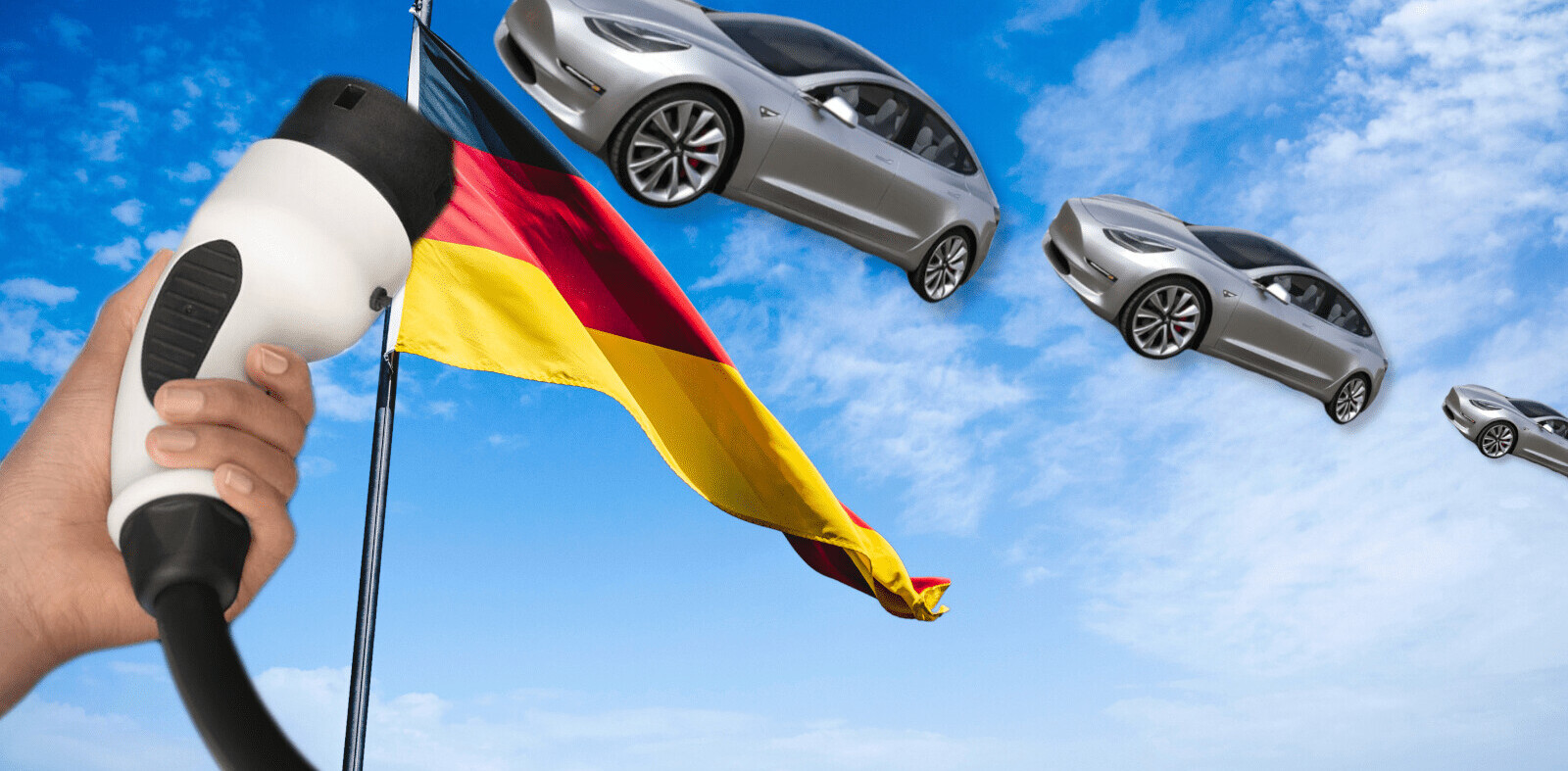A group of Uber drivers have filed a legal case in Amsterdam claiming that the platform’s algorithm unfairly dismissed them from the service without appeal.
Dutch news outlet NOS reports that four Uber drivers, three British and one Portuguese, filed the case at a district court yesterday. The drivers say automated firing is not allowed and according to European law, there must be human intervention before such an important decision is made.
Uber is contesting the claims, and told the BBC that humans had intervened before the drivers’ accounts were deactivated.
“As part of our regular processes, the drivers in this case were only deactivated after manual reviews by our specialist team,” the spokeswoman told the BBC.
While the case affects all Uber drivers, it’s being logged in Amsterdam, the Netherlands, as that’s where the ride-sharing company maintains its data.
[Read: What audience intelligence data tells us about the 2020 US presidential election]
The drivers are being represented by Dutch legal firm Ekker, led by attorney Anton Ekker. Ekker says the case will “test the extent that Article 22 of the EU General Data Protection Regulation (GDPR) can protect individuals from unfair automated decision-making.”
Under Article 22, individuals are protected from automated decisions with no human intervention, which can lead to negative outcomes, such as someone losing their job. In short, drivers have a right to the data gathered about them that contributed to the decision being made.
According to the App Drivers and Couriers Union (ADCU) there have been more than 1,000 individual cases since 2018 where drivers have been dismissed from the app without appeal.
Now that Uber has been granted its London operating license, this case becomes even more pertinent in the UK capital. Any time a private hire vehicle operator, like Uber, fires a driver, they must report that individual to Transport for London so there is a record of the reasons for dismissal.
It also allows drivers to contest their dismissal to keep their personal license. However, it seems Uber doesn’t always provide a clear explanation.
One driver told the BBC that he had a 4.94 rating, but was unable to log into the app one morning. After calling customer support he was told his account had been deactivated for “fraudulent activities.” Despite more calls and emails over a six-month period, that driver was never given more explanation as to what his “fraudulent activities” had actually been.
According to the quartet’s legal representation, Uber has never given drivers access to any evidence or data held against them, nor did it allow them to challenge their termination.
The fact that this is the first time Uber drivers have come together to challenge their dismissals on the grounds of GDPR law makes this a bit of a landmark case. If the drivers can have their terminations successfully overturned, it could pave ground for other drivers in similar situations to build a class action lawsuit against the ride-sharing company.
Earlier this year, another group of Uber drivers logged a case against the company seeking more transparency over how the platform’s algorithm distributes ride requests. They claimed that Uber operates like an employer, however, key management decisions, such as work delegation, are left to automated algorithms.
An unofficial translation of the court filing can be read here.
SHIFT is brought to you by Polestar. It’s time to accelerate the shift to sustainable mobility. That is why Polestar combines electric driving with cutting-edge design and thrilling performance. Find out how.
Get the TNW newsletter
Get the most important tech news in your inbox each week.






